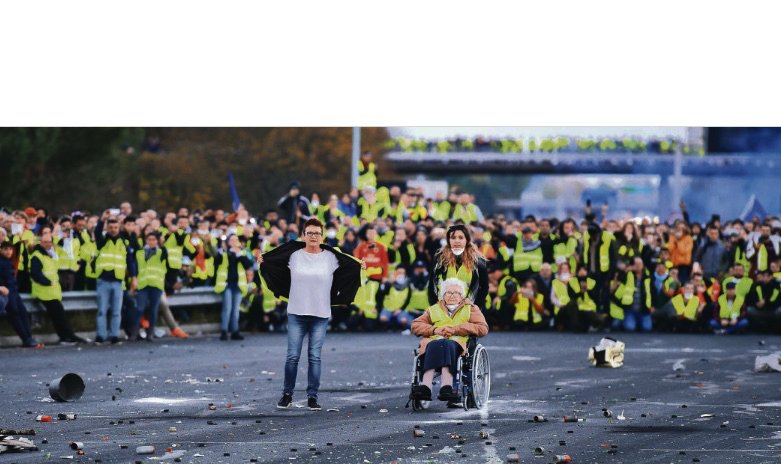. . SUSTAINABLE DEVELOPMENT . .
Statement on website of the Youth Climate Strike Campaign
We, the youth of America, are striking because decades of inaction has left us with just 11 years to change the trajectory of the worst effects of climate change, according to the Oct 2018 UN IPCC Report. We are striking because our world leaders have yet to acknowledge, prioritize, or properly address our climate crisis. We are striking because marginalized communities across our nation —especially communities of color, disabled communities, and low- income communities— are already disproportionately impacted by climate change. We are striking because if the social order is disrupted by our refusal to attend school, then the system is forced to face the climate crisis and enact change. With our futures at stake, we call for radical legislative action to combat climate change and its countless detrimental effects on the American people. We are striking for the Green New Deal, for a fair and just transition to a 100% renewable economy, and for ending the creation of additional fossil fuel infrastructure. Additionally, we believe the climate crisis should be declared a national emergency because we are running out of time.

Our Demands
Green New Deal
*An equitable transition for marginalized communities that will be most impacted by climate change
* An equitable transition for fossil-fuel reliant communities to a renewable economy
* 100% renewable energy by 2030
* Upgrading the current electric grid
* No creation of additional fossil fuel infrastructure (pipelines, coal plants, fracking etc.)
* The creation of a committee to oversee the implementation of a Green New Deal
. . That has subpoena power
. . Committee members can’t take fossil fuel industry donations
. . Accepts climate science
A halt in any and all fossil fuel infrastructure projects
* Fossil fuel infrastructure disproportionately impacts indigenous communities and communities of color in a negative way
* Creating new fossil fuel infrastructure would create new reliance on fossil fuels at a time of urgency
All decisions made by the government be tied in scientific research, including the 2018 IPCC report
* The world needs to reduce GHG emissions by 50% by 2030, and 100% by 2050
* We need to incorporate this fact into all policymaking
(continued in right column)
Are we seeing the dawn of a global youth movement?
(continued from left column)
Declaring a National Emergency on Climate Change
* This calls for a national emergency because we have 11 years to avoid catastrophic climate change
* Since the US has empirically been a global leader, we should be a leader on climate action
* Since the US largely contributes to global GHG emissions, we should be leading the fight in GHG reduction
Compulsory comprehensive education on climate change and its impacts throughout grades K-8
* K-8 is the ideal age range for compulsory climate change education because:
* Impressionability is high during that developmental stage, therefore it’s easier for children and young adults to learn about climate change in a more in-depth manner, and retain that information
* Climate change becomes a nonpartisan issue, as it truly is because it’s based solely on science from the beginning
Preserving our public lands and wildlife
* Diverse ecosystems and national parks will be very impacted by climate change, therefore it’s important that we work to the best of our abilities to preserve their existence
Keeping our water supply clean
* Clean water is essential for all living beings, when we pollute our water supply, or the water supply of someone else, it’s simply a violation of an essential human right
Our Solutions
* The extraction of Greenhouse Gases from the atmosphere
. . Reforestation– replenishing our forests by planting trees and allowing them to thrive, sustainable forestry
. . Reduced food waste– methane emissions from rotting food in landfills contributes immensely to overall Greenhouse Gases emissions
* Emission standards and benchmarks
. . We need to create standards and benchmarks for reducing Greenhouse Gases that align with those expressed by the science community to avoid 2° Celsius warming
* Changing the agriculture industry
. . Less carbon-intensive farming
. . More plant-based farming
* Using renewable energy and building renewable energy infrastructure
* Stopping the unsustainable and dangerous process of fracking
* Stop mountaintop removal/mining
. . It is very harmful to our environment and people working in these fields
* These are not the sole solutions, these are just some solutions that we approve of
* To be effective, these solutions need to be implemented at a large scale by the United States government
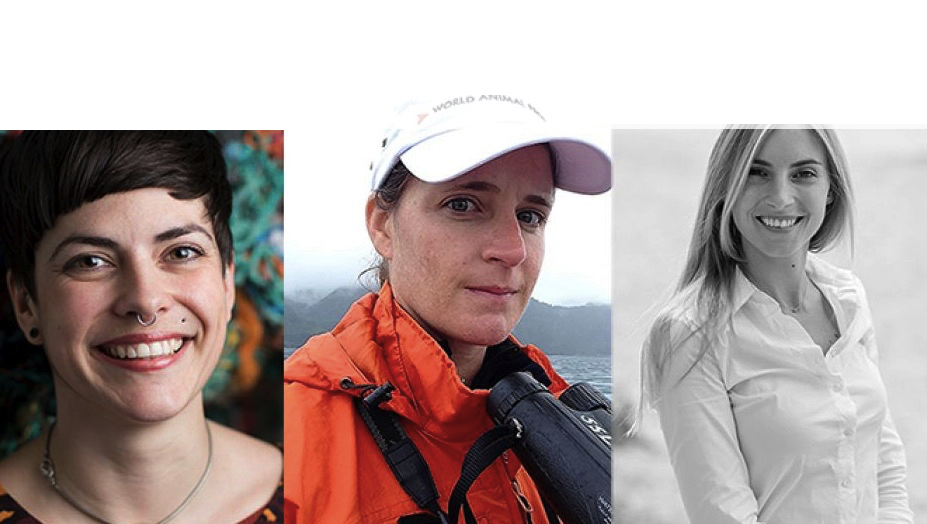


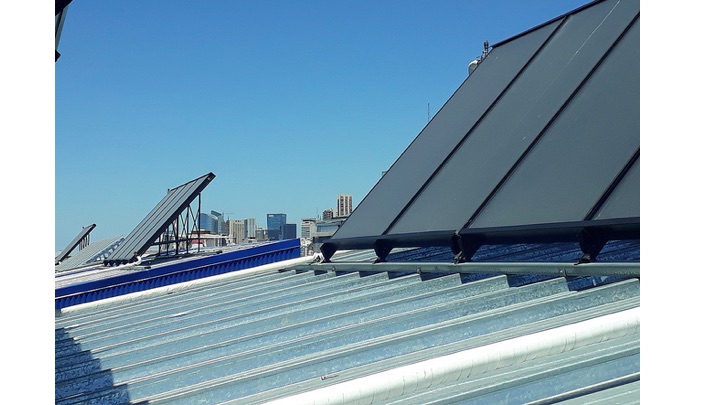
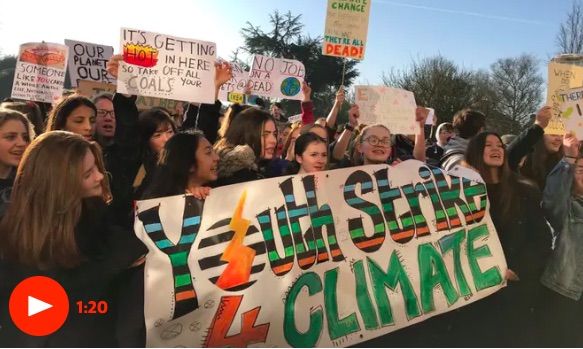
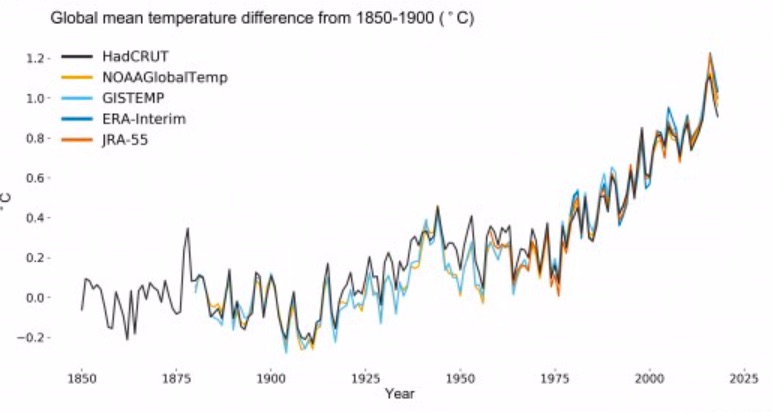
 video of Greta’s speech
video of Greta’s speech